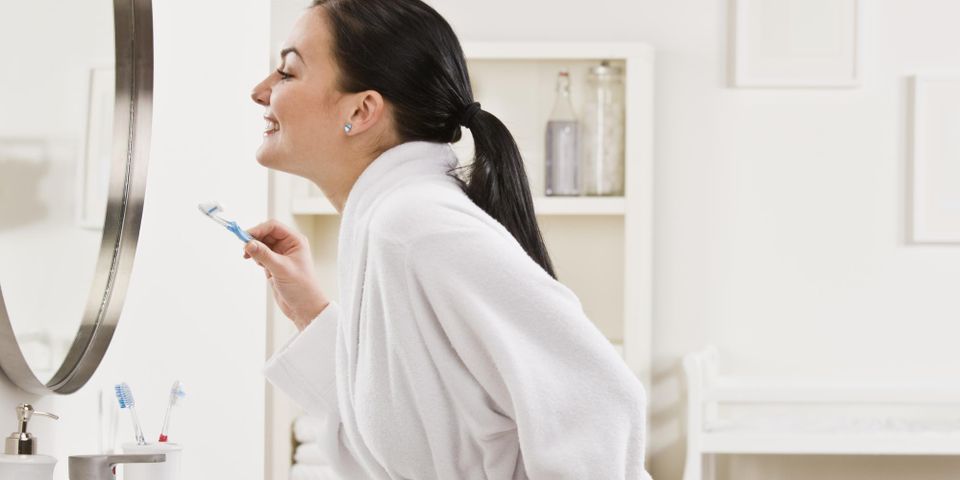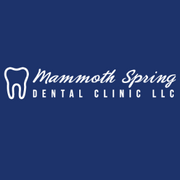Your Guide to the Difference Between Plaque & Tartar

To keep your teeth and gum tissue healthy, you must maintain effective oral hygiene practices. By taking the time to understand how brushing and flossing keep your teeth clean, you may be able to follow a more beneficial strategy. This starts with understanding how contaminants, such as tartar and plaque, will affect your teeth.
What Is Plaque?
Plaque is an invisible layer of bacteria that forms over the teeth, reemerging every day. Only four hours after you brush your teeth, plaque starts to develop, coating the surface entirely within 12 hours. Unless you brush again within that time frame, plaque will form.
Plaque buildup is worse after you eat, because sugar encourages the growth of harmful bacteria. Those microbes attack the tooth enamel, which is the protective coating on your teeth. Over time, this is how cavities form.
What Is Tartar?
 Plaque buildup eventually leads to the accumulation of tartar. If plaque isn't adequately eliminated through regular brushing and professional cleanings, there will be an increase in the number of bacteria clinging to your teeth. Once bacteria are exposed to the minerals and compounds in your saliva, the plaque will harden and become visible. This substance is usually hard and yellow, appearing where the tooth meets the gumline.
Plaque buildup eventually leads to the accumulation of tartar. If plaque isn't adequately eliminated through regular brushing and professional cleanings, there will be an increase in the number of bacteria clinging to your teeth. Once bacteria are exposed to the minerals and compounds in your saliva, the plaque will harden and become visible. This substance is usually hard and yellow, appearing where the tooth meets the gumline.
How Can You Prevent Buildup?
All good oral hygiene practices start with brushing your teeth at least twice per day and flossing once daily. Before you brush, ensure your toothpaste contains fluoride and anti-bacterial properties. Also, avoid rinsing with water after brushing, as this gets rid of the fluoride before it can protect your teeth. Instead, rinse with a quality fluoride mouthwash and avoid eating or drinking anything for at least 30 minutes after brushing.
To maintain good oral hygiene, schedule an oral exam twice per year. Mammoth Spring Dental Clinic LLC serves patients throughout Mammoth Spring, Hardy, Cherokee Village, Ash Flat, Thayer, and Alton, AR, and West Plains, MO. By having their staff perform routine exams, you'll be able to identify dental problems before they become more serious. To schedule an appointment, reach out online or call (870) 625-3262.
About the Business
(2 reviews)
Have a question? Ask the experts!
Send your question

